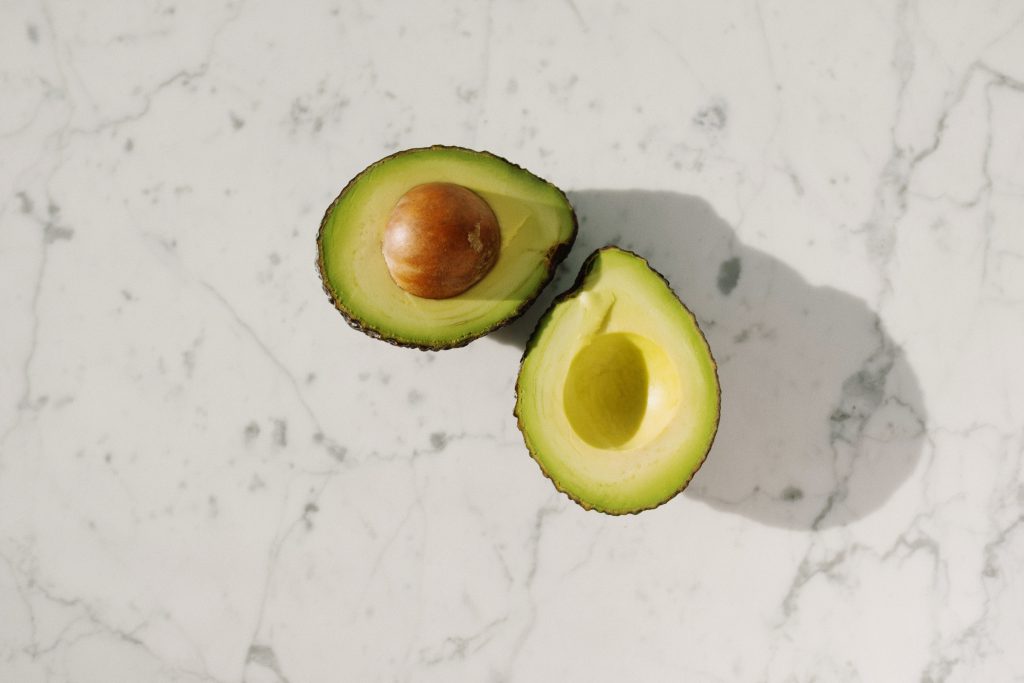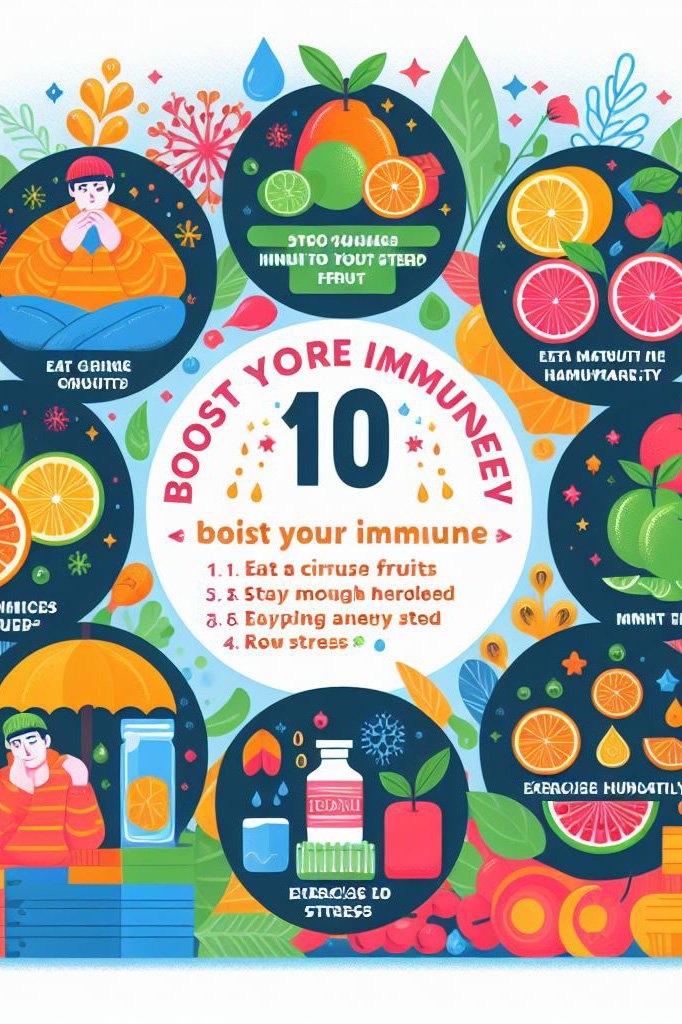The heart is the vital organ of our circulatory system that plays a key role in our health. It is therefore important to take care of our heart to maintain good health. One of the main causes of cardiovascular disease is a sedentary lifestyle and an unbalanced diet.
It is therefore crucial to include heart-healthy nutrient-rich foods in the diet, such as fruit and vegetables, healthy fats and lean proteins. It is also important to limit processed foods, sugars and saturated fats.
We have selected the top 10 things to include in your daily diet to help maintain your heart health.
1. Oily fish
Oily fish, such as salmon, tuna and mackerel, are rich in omega-3 fatty acids, which are beneficial to heart health. Omega-3 fatty acids are unsaturated fatty acids, which are essential for our health because our bodies cannot produce them naturally.
Omega-3 fatty acids have several heart health benefits. They can reduce inflammation and lower triglyceride and cholesterol levels in the blood, thus reducing the risk of heart disease. They can also prevent blood clots, which can reduce the risk of stroke and heart attack.
In addition, oily fish are also a source of healthy protein, which means they help maintain muscle health and regulate blood sugar levels.
It is recommended that you eat at least two portions of oily fish per week to reap the heart health benefits. Take the time to select good products, it is better to choose fresh, wild fish rather than farmed or canned fish, which can contain high levels of mercury and other toxins.
2. Avocados
The avocado is a fruit rich in healthy fats, fibre, vitamins and minerals, making it an ideal food for maintaining a healthy heart. The fats in avocados are mainly monounsaturated fatty acids, which help to lower LDL (“bad”) cholesterol levels in the blood and thus reduce the risk of heart disease. Avocados are also rich in fibre and thus improve digestive health. A diet rich in fibre can also help reduce the risk of heart disease. These superfoods also contain important vitamins and minerals such as potassium, magnesium and vitamins C and E, which influence blood pressure regulation and the maintenance of a regular heartbeat, and help prevent oxidative damage.
Unfortunately, despite being a superfood for its benefits to our bodies and its taste, the avocado is still a high calorie food, so it is important to consume it in moderation.
3. Legumes
Legumes, such as chickpeas, lentils and beans, are rich in soluble fibre and vegetable protein, making them ideal for reducing blood pressure and cholesterol. The soluble fibre in legumes dissolves in water to form a gel-like substance that can help reduce the absorption of cholesterol into the bloodstream. Soluble fibre also helps regulate blood sugar levels, which explains how it can reduce the risk of heart disease.
The plant proteins found in pulses are a healthy alternative to animal proteins, which can be high in saturated fat and cholesterol. Pulses are also a rich source of omega-3 fatty acids, which can help reduce inflammation and maintain a healthy heart. Pulses can be eaten in a variety of ways, such as in salads, soups, stews or as a side dish to main courses.


4. Nuts
Nuts and seeds are foods rich in healthy fats, fibre, protein, vitamins and minerals, making them good for a healthy heart.
Healthy fats, such as the monounsaturated and polyunsaturated fatty acids found in nuts and seeds, can help reduce LDL cholesterol levels in the blood, which are associated with an increased risk of heart disease. Nuts and seeds are also rich in antioxidants, such as vitamin E and polyphenols, which can help protect the body’s cells from oxidative damage.
The fibre in nuts and seeds can help reduce total and LDL cholesterol levels in the blood, which can reduce the risk of heart disease. The protein in nuts and seeds can also help maintain a healthy heart by contributing to the growth and repair of muscle tissue. To incorporate nuts and seeds into your diet, you can eat them in a variety of ways, such as as a snack, adding chia or flax seeds to smoothies, or using nuts as a garnish for salads or main courses.
5. Whole grains
Whole grains, such as whole wheat, brown rice, oats, quinoa and buckwheat, are rich in fibre, vitamins and minerals, making them a heart-healthy food. The soluble fibre in whole grains has the ability to bind to and remove cholesterol from the blood, which can help reduce LDL cholesterol levels in the blood and thus reduce the risk of cardiovascular disease. Whole grains are also rich in antioxidants, such as polyphenols, which can help protect the body’s cells from oxidative damage. The vitamins and minerals found in whole grains, such as magnesium, potassium and folate, may also help reduce the risk of cardiovascular disease.
6. Red fruits
Berries and other red fruits, such as raspberries or blueberries, are rich in antioxidants, fiber and vitamin C, making them heart healthy. The antioxidants in berries help protect the body’s cells from damage caused by free radicals, which are unstable molecules produced during the body’s normal metabolism and by external factors such as pollution and smoking. Free radicals can damage the body’s cells, including heart cells, which can contribute to the development of cardiovascular disease.
In addition, berries are rich in soluble fiber, which has the ability to bind to and remove cholesterol from the body, which can help to lower blood cholesterol levels. High blood cholesterol can increase the risk of cardiovascular disease, as it can contribute to the build- up of plaque in the arteries.
Finally, the vitamin C present in berries is an important antioxidant that also helps protect the body’s cells from free radical damage. Vitamin C also plays an important role in blood vessel health by promoting the production of collagen, a protein that contributes to the health and function of blood vessels.
7. Green leafy vegetables
Green leafy vegetables, such as spinach, arugula, kale, lettuce, broccoli, and collards, are rich in nutrients such as vitamins A, C and K, folate, iron and calcium. However, their richness in antioxidants and nitrates may be what makes them particularly beneficial for cardiovascular health. Antioxidants in green leafy vegetables, such as vitamin C, vitamin E and beta- carotene, can help protect the body’s cells from free radical damage. Free radicals are unstable molecules that can damage healthy cells and contribute to the development of chronic diseases, including heart disease.
The nitrates found in green leafy vegetables may also be beneficial to cardiovascular health. Nitrates are converted to nitric oxide in the body, which can help dilate blood vessels and improve blood flow. Improved circulation can reduce blood pressure and lower the risk of cardiovascular diseases such as heart attacks and strokes.
In addition, green leafy vegetables are also rich in fiber, which can help reduce LDL- cholesterol (the ‘bad’ cholesterol) in the blood. High LDL cholesterol levels can contribute to the build-up of plaque in the arteries, increasing the risk of heart disease.
Finally, green leafy vegetables can also help maintain a healthy weight. Being overweight and obese can increase the risk of heart disease. Leafy greens are low in calories but high in nutrients, making them a healthy choice for those seeking to lose weight or maintain a healthy weight.
8. Colorful vegetables
Colorful vegetables, such as carrots, tomatoes, peppers, squash, beets, sweet potatoes, and purple cauliflower, are rich in nutrients, antioxidants and fiber that help maintain good health.
Antioxidants in colored vegetables, such as vitamin C, vitamin A, lutein, and zeaxanthin, can help protect the body’s cells from free radical damage. Free radicals are unstable molecules that can damage healthy cells and contribute to the development of chronic diseases, including cancer, heart disease and premature aging.
Colorful vegetables are also rich in fiber, which can help maintain healthy digestion and regulate blood sugar. High blood sugar levels can increase the risk of chronic diseases such as type 2 diabetes and heart disease. Dietary fiber can also help to reduce LDL-cholesterol (the ‘bad’ cholesterol) in the blood, thereby reducing the risk of heart disease.
Colorful vegetables also contain phytochemicals that may have health benefits. For example, the beta-carotene in carrots is converted to vitamin A in the body, which is important for eye and immune system health. The flavonoids in tomatoes have anti-inflammatory properties and can help reduce the risk of chronic diseases such as heart disease and cancer.
Finally, colored vegetables are also low in calories and high in nutrients, making them a healthy choice for those seeking to lose weight or maintain a healthy weight.
9. Dried fruit
Dried fruits are nutrient-rich foods that offer many health benefits, including heart health. The most common dried fruits include walnuts, almonds, pistachios, hazelnuts, cashews, dates, figs, sultanas, and prunes.
Dried fruits are rich in unsaturated fats, protein, fiber, antioxidants, and micronutrients such as magnesium, potassium, and vitamin E. All of these nutrients are beneficial to heart health. The unsaturated fats found in dried fruit are heart-healthy fats. They can help reduce the levels of LDL-cholesterol (the “bad” cholesterol) in the blood, which reduces the risk of heart disease. The protein and fiber in dried fruit can help keep you feeling fuller for longer, which can help control weight and reduce the risk of obesity-related heart disease.
Dried fruit is also rich in antioxidants such as polyphenols and flavonoids, which can help reduce inflammation in the body. Chronic inflammation is a risk factor for many chronic diseases, including heart disease.
Dried fruit also contains magnesium and potassium, two minerals that can help regulate blood pressure. High blood pressure levels can damage blood vessels and increase the risk of heart disease.
Finally, dried fruit is also a source of vitamin E, an antioxidant that can help reduce the risk of heart disease by protecting cells from free radical damage.
In conclusion, dried fruit is an excellent source of heart-healthy nutrients. The heart-healthy fats, protein, fiber, antioxidants, minerals, and vitamins found in dried fruit can help reduce LDL cholesterol levels, control weight, regulate blood pressure and reduce inflammation, thereby reducing the risk of heart disease. It is therefore recommended that you include a variety of dried fruits in your diet to reap their health benefits.
10. Green tea
Green tea is a popular drink in many cultures and is considered one of the healthiest drinks you can drink. Green tea is rich in antioxidants called catechins, which can help protect the body’s cells, including heart cells, from free radical damage.
Free radicals are unstable molecules produced by the body in response to various factors, such as stress, pollution, and UV radiation. These free radicals can damage cells and tissues in the body, including heart cells. The catechins in green tea can help neutralize free radicals and protect heart cells from damage.
In addition, catechins may also help reduce the risk of heart disease by reducing inflammation in the body. Chronic inflammation is a risk factor for many chronic diseases, including heart disease. Catechins can help reduce inflammation by inhibiting the enzymes that produce inflammatory substances in the body.
Green tea may also help reduce the risk of heart disease by lowering the level of LDL- cholesterol (the “bad” cholesterol) in the blood. High levels of LDL cholesterol can damage blood vessels and increase the risk of heart disease. The catechins in green tea can help reduce LDL cholesterol levels by blocking the absorption of cholesterol in the gut.
Finally, green tea may also help improve endothelial function, which is the function of the cells that line the blood vessels. Good endothelial function is important for heart health because it helps regulate blood pressure and prevent blood clots. The catechins in green tea may help improve endothelial function by increasing the production of nitric oxide, a molecule that helps dilate blood vessels.





